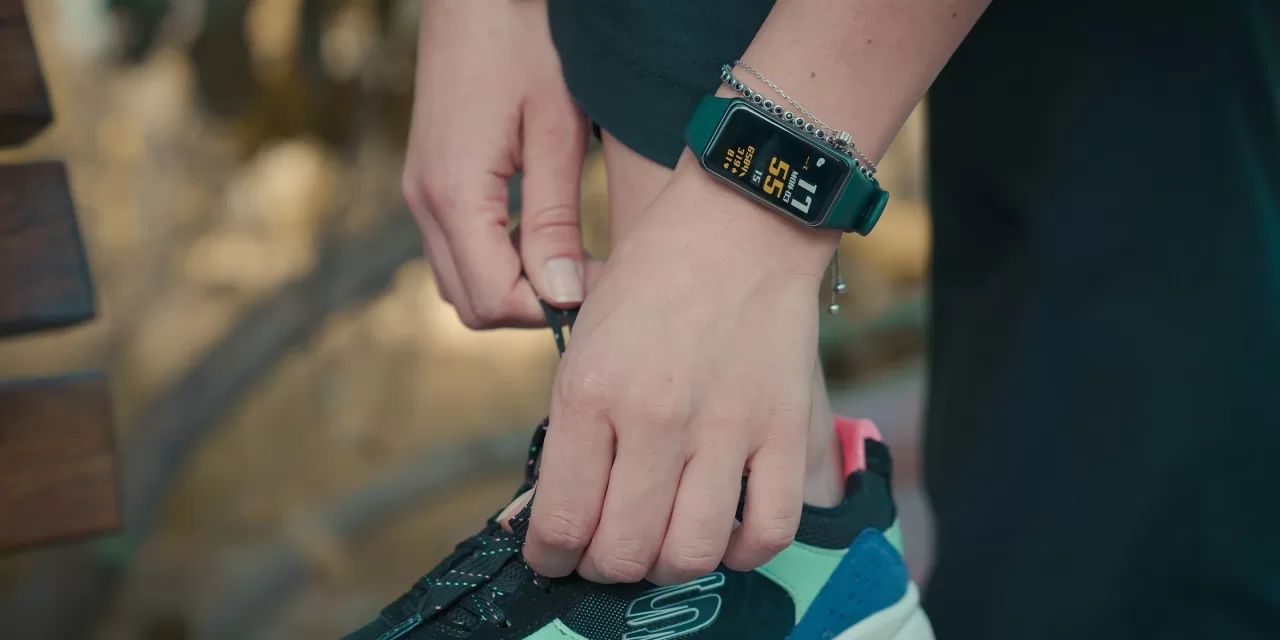December 21, 2024
Patience is often hailed as a virtue, but in a fast-paced world of constant demands, it can seem elusive. UC Riverside psychology researcher Kate Sweeny is challenging the traditional understanding of patience, suggesting it’s less about being a “good person” and more about how individuals handle everyday frustrations. Through groundbreaking studies, Sweeny and her team are reshaping how we think about patience and its counterpart, impatience.
Sweeny’s research delves into the factors that determine how we respond to delays and frustrations, addressing a common but rarely explored question: What constitutes patience? In a series of three studies involving 1,200 participants, Sweeny uncovered that impatience arises when people encounter delays they perceive as unfair, unreasonable, or inappropriate. A classic example might be sitting in traffic during non-rush hour or waiting for a meeting to end when it should have finished earlier.
“Impatience occurs when the delay doesn’t make sense to us,” said Sweeny. “It’s not just about waiting—it’s about waiting when it feels unjust or avoidable.”
The findings of the studies, published in the Personality and Social Psychology Bulletin, suggest that patience is not a mere personality trait but a response to these feelings of impatience. Patience, according to Sweeny, involves using specific emotional regulation strategies to cope with these discomforts—such as deep breathing, distraction, or even rethinking the situation to find some positive angle.
The studies provided participants with a range of everyday scenarios designed to test their responses to frustrating situations, such as traffic jams, long meetings, and waiting rooms. After assessing their level of impatience, participants were asked how they might cope with these emotions, whether through self-regulation techniques or by adopting a more patient mindset.
The results highlighted three key factors that contributed to a “perfect storm” of impatience:
- High stakes (e.g., being late for an important event),
- Unpleasant waiting conditions (e.g., uncomfortable seating or lack of distractions), and
- A clear person or entity to blame for the delay (e.g., a missed medical appointment).
Surprisingly, the studies also found that people were not more impatient with either long or short delays. The critical factor seemed to be how much longer the wait was than they anticipated.
However, not everyone responds the same way to frustrating situations. Participants who were emotionally stable, low in neuroticism, and comfortable with uncertainty were better able to remain patient. Those with high emotional regulation skills, such as empathy and agreeableness, also reported being more patient, even when initially frustrated.
“The key takeaway is that patience is not an innate quality, but a set of strategies that can be learned and applied in daily life,” said Sweeny. “By understanding the factors that trigger impatience and how people regulate their emotions, we can help people manage their feelings more effectively.”
Sweeny’s research is a first step toward rethinking patience as a dynamic process rather than a static trait. With these insights, there is potential for individuals to cultivate more patience in their lives, improving their emotional well-being and overall quality of life.
Co-authors of the studies, When Time is the Enemy and On (Im)Patience: A New Approach to an Old Virtue, include graduate students Jason Hawes and Olivia T. Karaman.
For further reading, Sweeny’s work is published in the Personality and Social Psychology Bulletin.
DOI: 10.1177/01461672241284028 and 10.1177/10888683241263874.












